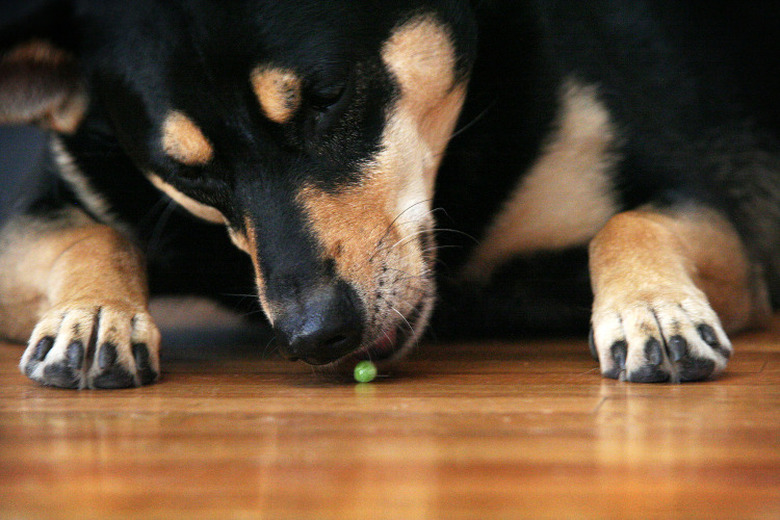Can Dogs Eat Snap Peas? Your Guide For Feeding Fresh & Frozen Peas Of All Types To Dogs
Humans eat a lot of peas. In fact, the average person in England eats 9,000 peas each year. But can our dogs join in on the pea craze?
If you're looking to add more veggies to your dog's diet, we have good news: Peas are safe and even healthy to give dogs. There are just a few caveats.
Are peas toxic?
Are peas toxic?
Nope! Peas are not toxic to dogs in any form. However, there are a few things to watch out for.
Do's and Dont's
Do's and Dont's
Do: feed your dog a small amount of fresh, frozen (unsalted), or thawed peas as a treat — peas in these forms are fine for your dog, and can even be good for them. In fact, peas are often an ingredient used in high-quality dog food. Peas contain vitamins A and K, as well as B vitamins.
Even though they're healthy, peas, like any "people food," should be used in moderation. Feed them to your dog as an occasional treat, not an everyday meal staple.
Don't: feed your dog canned peas. Canned peas, like many canned vegetables, can contain high levels of sodium, which isn't good for your dog. As a rule, avoid giving your dog any canned "people food."
Warnings and concerns about peas.
Warnings and concerns about peas.
Don't give peas to a dog with kidney problems. Peas contain purines, which produce uric acid that's filtered through the kidneys. Too much uric acid can cause problems, including kidney stones.
Frozen peas are fine, but make sure they are unsalted and unseasoned — the kind where the only ingredient on the bags is "peas." Some frozen peas come pre-salted or seasoned with things like onion or garlic powder, none of which is good for your dog.
Be careful with pea pods. Some peas, like sugar snap peas or snow peas, are typically eaten (by humans) with the pods on. Dogs can digest these pods, but they can pose a choking hazard, similar to asparagus stalks. Cut them up into very small pieces or simply avoid giving these types of peas to your dog.
Conclusion
Conclusion
Peas are safe to give dogs in fresh, frozen, or thawed form. Don't give your dog canned peas, and make sure frozen peas don't have added salt or seasoning. Be mindful of pea pods, which can pose a choking hazard. Avoid giving peas to dogs with kidney problems.
When introducing any new food, always watch for signs of digestive problems like vomiting or diarrhea, and call your vet immediately if you notice these signs. Always consult your vet if you have serious concerns about your pet's diet.
Always check with your veterinarian before changing your pet's diet, medication, or physical activity routines. This information is not a substitute for a vet's opinion.
